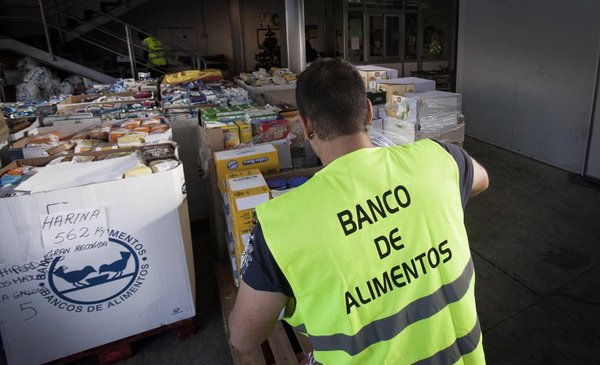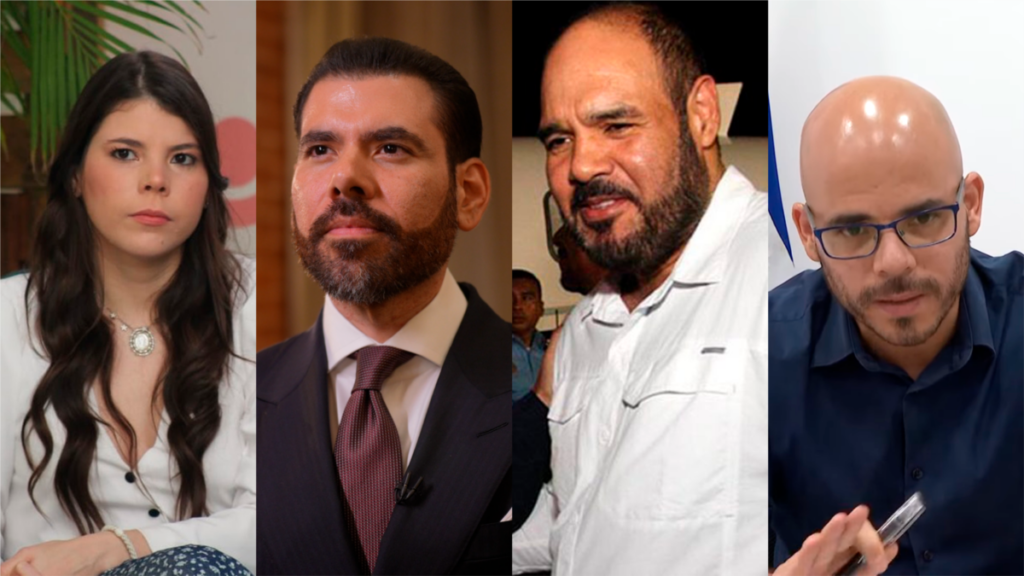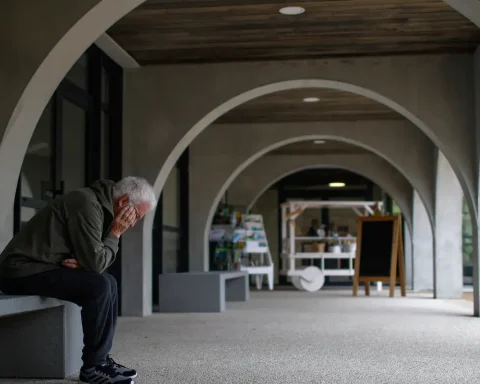The Health Commission of the Chamber of Deputies is preparing to approve a bill to encourage food donations, approved at the end of last year in the Senate. The text promoted at the beginning of the legislature by the nationalist senator Carmen Asiaín seeks that the companies that provide these inputs for “human consumption” have tax incentives, such as setting the rate of the Specific Internal Tax (Imesi) at 0% and the VAT discount for the food in question.
The head of the Food Bank, Dolores Corro de Battro, appeared days ago before the deputies to ask them “please, that they vote on the law, that it come out as soon as possible”. “We need you to help us by approving this law to encourage food donations,” said the head of the foundation, which serves around 47,000 people distributed in a network of 190 social organizations, from nursing homes to high schools, youth centers, prisons and children’s clubs.
Corro de Battro stated that they must create “the gymnastics of donating”while for companies “hToday it is easier to destroy and almost cheaper too, because they press a button”. “It cannot be that food continues to be destroyed and there are still people who at night do not know if they are going to eat or not,” she insisted. The Food Bank is a non-profit organization dedicated to meeting the nutritional needs of the most vulnerable people.
The reference of the Food Bank declared that “incentives in a company weigh, because today it is sometimes cheaper to destroy than to donate and, then, you have to justify within the company”. “Corporate social responsibility is great and all that, but when the boss comes in and asks ‘what are these numbers?’ the whole company has to be aligned, and that doesn’t always happen.”
Corro de Battro reviewed that in laws of other countries “the incentive is great, up to 150%, but here it is one of the lowest in the round”. From the Food Bank they warned, however, that once the project is approved “the reaction of the companies will not be immediate because they will have to adapt to the process.”
The foundation maintained that in 2022 it managed to recover more than 500,000 kilos of food, which represented a rebound from the drop registered in 2021. “Last year the Foundation, which was based on volunteering, was given a more structure rented, so that it lasts over time, so that it doesn’t fall off by itself,” he reported.
The numbers used by the Executive Power when transferring the project to the Legislative establish that in Uruguay 10% of the food available for human consumption is lost per year, which implies around one million tons per year.. 60% of losses and waste occurs in the first links of the chain, such as in primary production or harvests.
Camilo dos Santos
File, food purchased by the civil association Uruguay Adelante
“When we started ten years ago, most of the companies that donated were multinationals, which were already donating in other parts of the world. Little by little we were convincing more local companies. They all start trying and little by little they realize that the more No matter how oily the process is, they don’t realize they are donating. That’s what we want to get to, because since all the items have an upcoming expiration date, everything has to be very fast,” justified the Food Bank.
The head of the foundation explained that at first they tended to offer cookies, snacks, some yogurts and drinks, but as “society and social organizations have evolved”, some of these products cannot be offered to certain institutions. By way of example, she cited her, the CAIFs do not receive that kind of input.
“Most of the children’s clubs and youth centers deliver “reinforced snacks”, as they call it. Why? Because they know that many of them don’t go to eat at home at night, but give them a little stronger food It has a very high cost for organizations. Therefore, we want to help them to lower those costs,” he developed.
They study changes
The deputies of the commission expressed their support for the project in question, although they promised to improve the wording, especially following the suggestions of Ana Giménez, a researcher in the area of sensometry and consumer sciences at the Faculty of Chemistry.
The teacher assured that in the countries where tax incentives have been provided “it has been shown that they have a positive impact on the volume of food they donate.”
“Although these tax incentives benefit various actors in the agri-food chain, they would not be contemplating fruit and vegetable producers. So, being able to offer some type of tax incentive to this sector would also have a very positive impact,” he recommended.

















